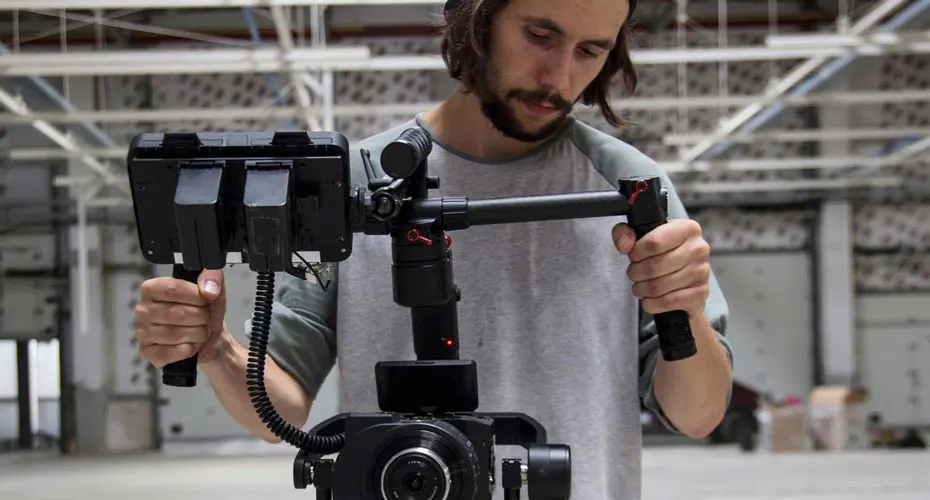Digital culture
Our work with cultural agency, The Space, has developed a new way of measuring the impacts of online cultural content.

A project between University of Exeter and The Space, a non-profit organisation that connects artists and audiences online, has developed an initial framework to help measure the impacts of digital cultural content, including social, cultural, educational, and environmental impacts.

The challenge
There is a significant need to capture the impact and value generated by digital cultural content. Internally, this would enable The Space to provide evidence to its funders – Arts Council England, Arts Council of Wales, Creative Scotland, BFI, British Council and others – of the impacts of its interventions and to refine their effectiveness.
More widely, cultural sector leaders need to align their limited resources with the most effective ways to achieve societal benefits such as audience diversification, cultural value creation and the minimisation of environmental impacts.
In their 9 years of working in this area, The Space has yet to identify a framework robust enough for funders; creative enough for artists’ reflective practice or agile enough to respond to a rapidly changing digital landscape.
The goal
The goal was to develop innovative metrics and tools for digital content evaluation to improve cultural sector best practice and explore new commercialisation opportunities. The key objectives of the project were:
- Identify the dimensions of value that are highest priority for funders, content producers and audiences.
- Identify framework models within and adjacent to the cultural sector that map well to these priorities.
- Identify metrics within each value dimension that correlate strongly with value creation whilst being simple to gather, monitor and analyse for organisations with limited digital confidence, infrastructure and skills.
- Create a practical prototype tool that can be user tested on The Space’s recent 11 environmental themed commissions.
The collaboration
The project team, supported with funding from Innovate UK’s AKT2I scheme, developed a preliminary framework that was informed by extensive desk research desk on national and global models of digital content evaluation in cultural and adjacent sectors. Relying on the reviewed literature, interview schedules were then developed, and potential interview participants identified.
This was followed by interviews with 16 participants that included: 2 pilot interviews, 4 funders, 3 consultants and 7 content producers representing recent digital cultural commissions by The Space that focus on environmental sustainability themes and sustainable digital production.
This work drew on University of Exeter Business School‘s unique expertise in developing metrics for organisational performance (Professor Ilke Inceoglu) and the measurement and evaluation of complex social and cultural initiatives (Professor Leroy White), such as Bristol’s Festival of Nature and Coventry City of Culture, plus wider digital economy expertise.
The outcome: a new way of measuring value
Using the findings from interviews, the team created a preliminary framework to measure the impact of digital cultural content. This framework is comprehensive, multi-dimensional and multi-levelled, encompassing both economic and non-economic modes of value (such as welfare, wellbeing, environmental impact) that produce intended and/or unintended benefits, for individuals, their communities and wider society over the short and long term.
These are assessed on three levels – the intrinsic, extrinsic and environmental.
- The intrinsic aspect puts a focus on how the experience of arts and culture impacts individuals on an emotional sense, rendering it subjective and influencing judgement.
- The instrumental aspect is more objective in comparison reflecting the contribution of culture on specific economic and social outcomes such as employment creation, tourism and educational outcomes.
- The environmental aspect encapsulates the wider macro-level impact of digital cultural content on individuals and their communities (e.g., political, technological etc).
The framework gives The Space the foundation for a practical prototype tool that, when built, can be used to assess the impact of digital cultural content produced by their commissions. Considering that the original aim of the project was simply to research existing frameworks and identify suitable dimensions that should be considered when designing such a framework, by developing a preliminary framework in full, the project has achieved well beyond its initial expectations.
“The research support has been invaluable in accelerating our understanding of the current status of value measurement in the sector and opportunities to innovate in this area. Our researcher and their supervisors have helped stretch our thinking and provided a great starting point for the next steps in our development.”


